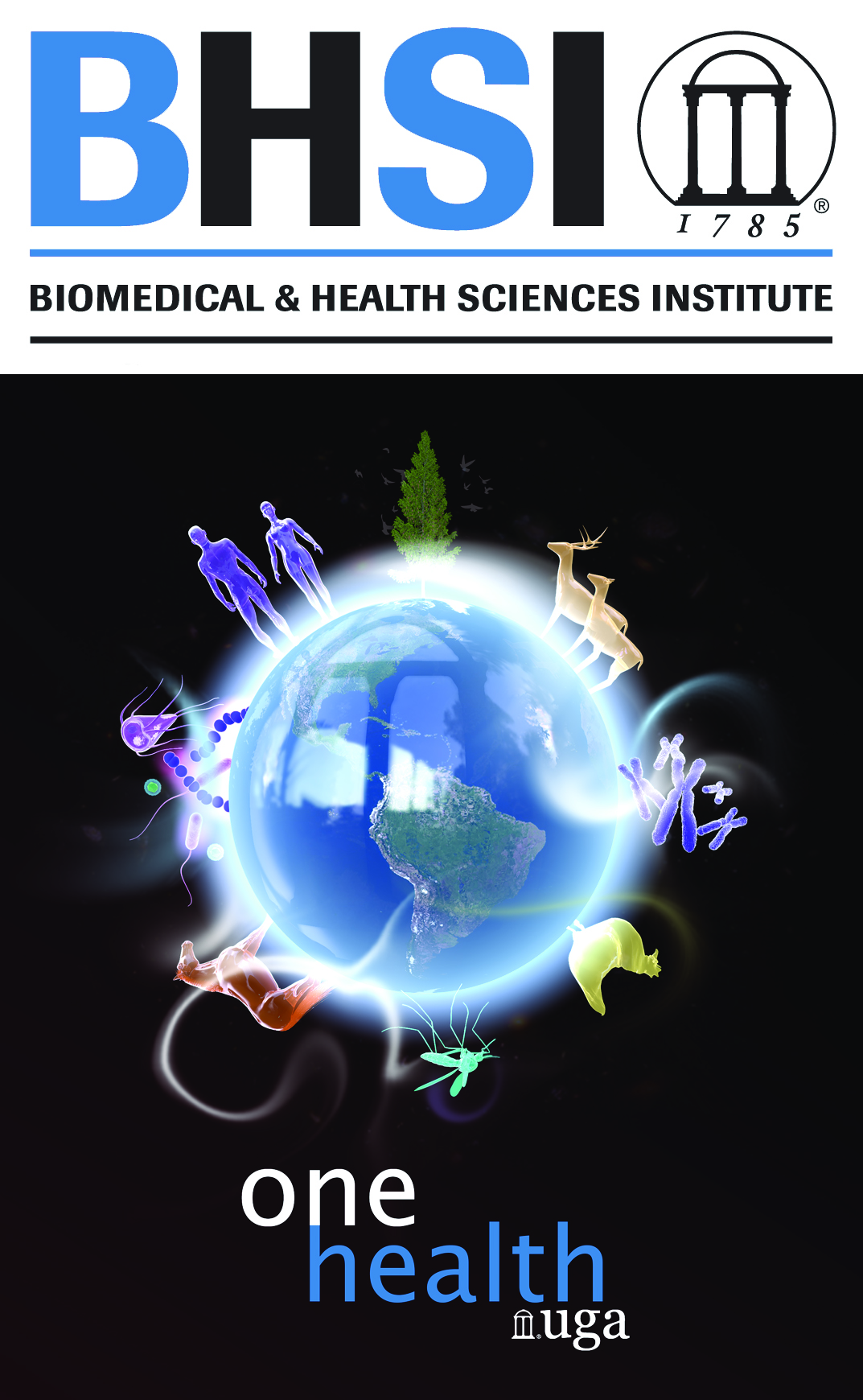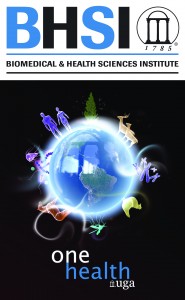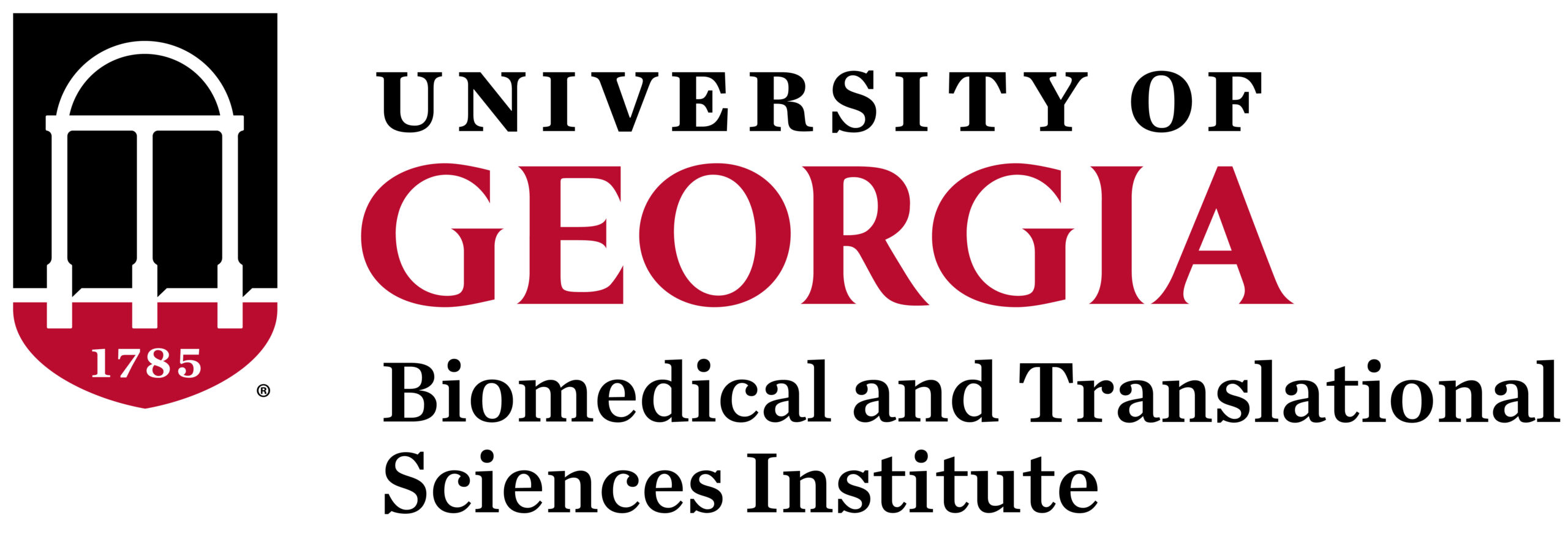Q&A: Growing One Health at UGA


In a culmination of efforts to grow One Health at UGA, the UGA Biomedical and Health Sciences Institute (BHSI) and Faculty of Infectious Diseases (FID), along with the University of Liverpool, will host the first annual international One Health Symposium: Breaking Barriers and Crossing Scales in Athens, Ga., March 21-23.
Symposium organizers Susan Sanchez, BHSI assistant director and One Health chair, and Duncan Krause, FID director, got together to answer some questions about the concept of One Health, its growing relevance in combating emerging infectious disease, and the upcoming One Health Symposium.
For those unfamiliar with the concept, what exactly is One Health?
SANCHEZ: One Health describes interdisciplinary teaching and learning, research, and outreach at the nexus of human, animal and ecological health. It seems a very complicated term, but it is really simple and very encompassing when you get right down to it.
What agencies have begun to champion this idea? Why is it growing in importance?
SANCHEZ: Several of our federal agencies have realized that working in silos only leads to confusion and missing important issues or time goals, so One Health offices have been established to enhance inter-agency collaboration. A good example for the recent embrace of the One Health involves a cute and fuzzy health care problem – mail order chicks. Popular pets with kids, most, if not all, of these adorable birds carry Salmonella, and as a result, many kids in a number of states have become ill after contact. Investigating these illnesses, the CDC (Centers for Disease Control and Prevention) traced the culprit, Salmonella, back to the chicks. But since these chicks were pets, not production animals, they realized the birds fell out of the United States Department of Agriculture’s regulatory sphere. The USDA has since embraced One Health as part of its new roadmap, and has been working side-by-side with the CDC to trace back these birds to the hatcheries and educate both the chick producers and the public about the inherit risks of owning these little cute birds.
Why has UGA joined this movement?
SANCHEZ: In the past five years, UGA has added the Odum School of Ecology, the College of Public Health and a Health Sciences Campus to an already powerful basic research enterprise, which includes the colleges of veterinary medicine and pharmacy. With its established strengths and the cross-disciplinary research already under way, UGA is extremely well positioned to embrace One Health as an integral part of its research, teaching and outreach mission. One Health @ UGA initiative, based in the Biomedical and Health Science Institute as the Division of One Health, serves as a keystone in increasing public awareness and facilitating One Health opportunities at UGA.
What opportunities and advantages are there to this approach?
SANCHEZ: The interconnectedness of human, animal, and environmental health has been recognized for centuries, but the complexity of the modern world has brought new and difficult challenges. The advantage of One Health is that it offers a departure from the current emphasis on the clinical care of individual patients—both in human and veterinary medicine—to one of disease prevention and health promotion at a globally holistic level. The interrelationship among animals, humans, and the environment is intimate, significant, and far-reaching and to be able to effectively studying it requires a somewhat novel approach.
What is the main purpose of this symposium?
SANCHEZ: The concept of this international symposium is to bring together people from different institutions across the world to UGA to initiate a dialog regarding One Health in general and disease ecology and their impact on animal, human and environmental health in particular.
Could you explain this year’s theme “Breaking Barriers & Crossing Scales”?
SANCHEZ: Disease ecology is currently a hot topic; it focuses on understanding how diseases spread through and impact host populations, and how hosts, pathogens and their environments react and evolve in response to one another. If you look at the news this days, you will find articles that mention the “good bacterial gut flora,” recalls of peanut butter due to contamination with Salmonella, outbreaks of Ebola in Africa, amphibian die-off’s and loss of bio-diversity. It is a rapidly expanding discipline that draws on the strengths of researchers in the biomedical, agricultural, medical –both veterinary and human, and environmental sciences. And, we have a lot of experts here at UGA. So do our colleagues at the University of Liverpool.
What topics being addressed might engage the public at large?
KRAUSE: The main issue we are trying to address is that infectious diseases are not a problem that can be dealt with in isolation. For example, influenza is a disease of humans, birds and swine. Controlling the flu requires cooperation across the spectrum—from poultry and swine producers to vaccine manufacturers and even to businesses that now encourage patrons, as well as workers, to use hand sanitizing agents.
How did the UGA and University of Liverpool partnership on One Health begin?
KRAUSE: The University of Liverpool sought to establish partnerships with universities globally having a shared mission and complementary strengths in order to foster graduate student exchange, and identified UGA as an excellent candidate. Conversations that began in 2007 that led to a visit to Athens by a delegation from Liverpool in January of 2011, and a reciprocal visit by a UGA delegation to Liverpool the next spring. Due largely to the efforts of David Lee (Vice President for Research) and Jane Gatewood (Director of International Partnership at the Office of International Education), this partnership has transitioned from informal discussion to developing and streamlining processes to simplify student exchanges and promote research collaborations.
Has One Health @ UGA stimulated any additional collaborations?
SANCHEZ: The list of initiative partners is expansive – and growing – given the multidisciplinary nature of what we are trying to do. The response has really been overwhelming regionally, nationally and internationally. This initiative has really gotten off the ground with the backing of the Office of the Senior Vice President and Provost and the BHSI, but now has staunch supporters at Vet-Heart of Georgia and the Georgia Aquarium.
What are the symposium’s goals for the future?
KRAUSE: Our primary goals continue to be to expand the dialog about One Health, to increase public awareness and promote collaboration with the University of Liverpool research community and beyond. A second, international One Health Symposium is tentatively planned for the summer of 2014 in Liverpool, with a theme that likely includes food safety. The plan is to reveal more about this at the symposium, so come join us at March 21-23 at the Georgia Center to find out what we plan to do next.
